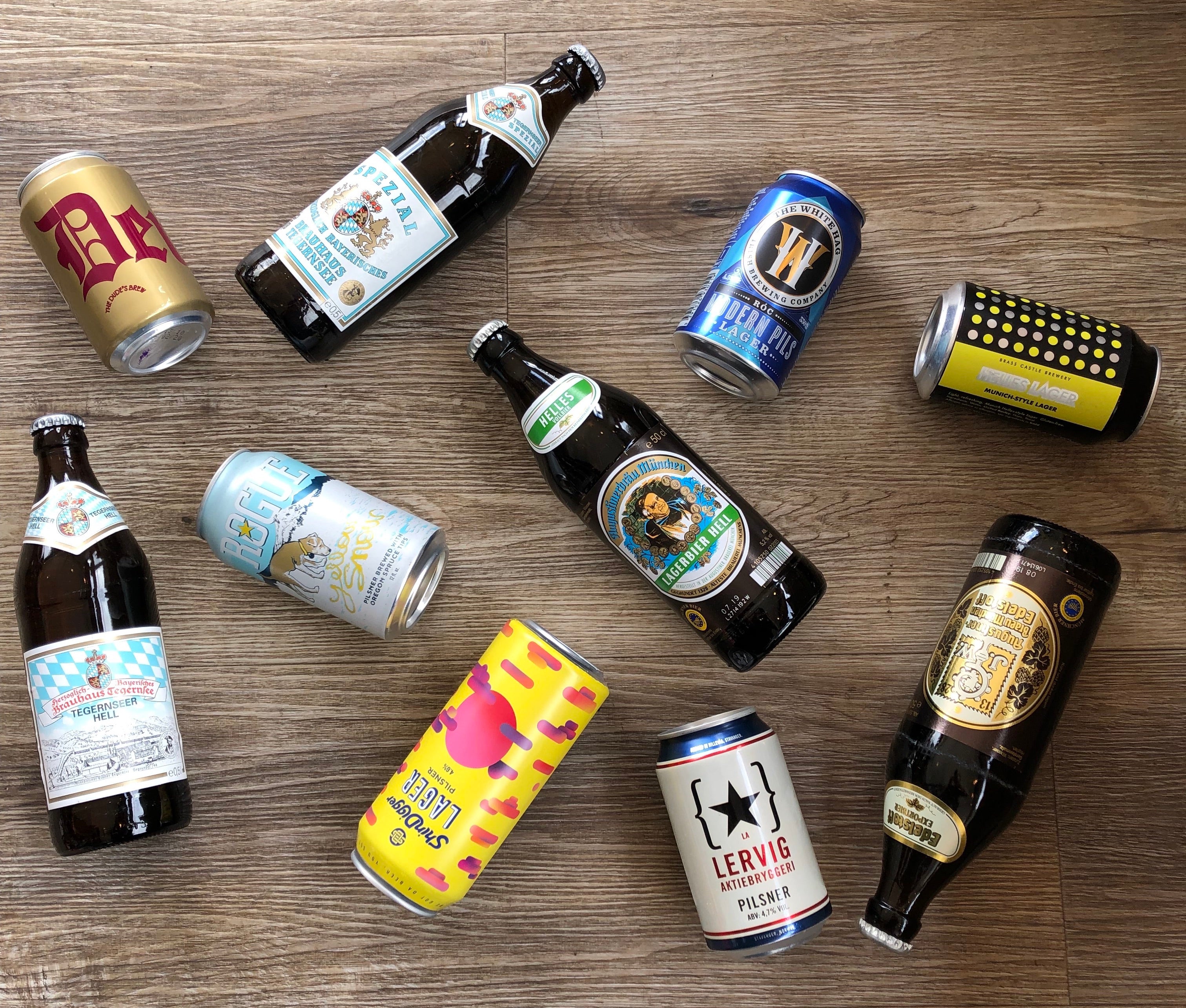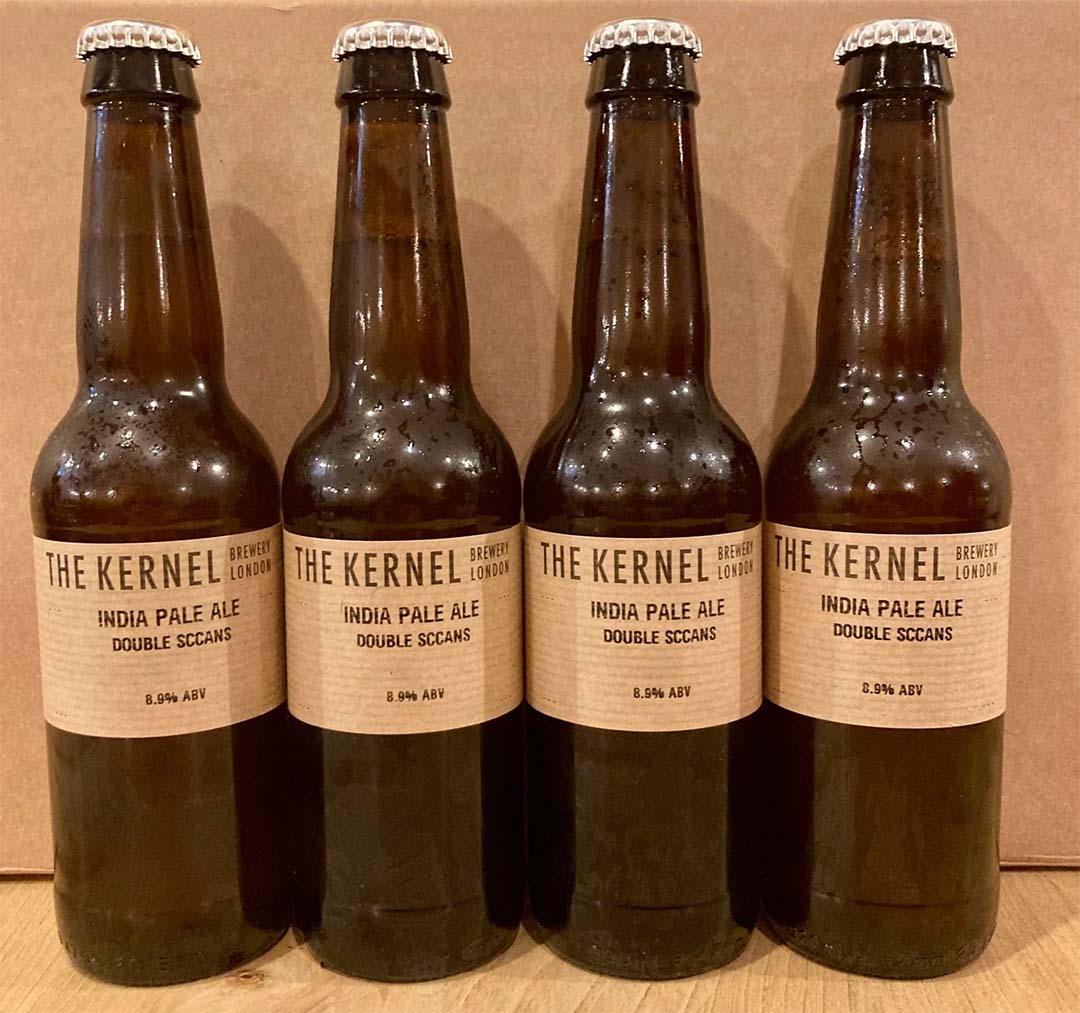
What is a Lager?
May 06, 2019
By Charlotte Knowlson
 Lagers get some pretty unfair press, commonly being associated with ‘lager louts’ and bland, mass-produced macro beers. This is travesty, as great lagers are full of subtle complexity, and take a huge amount of skill to brew well - and they have an interesting history to boot.
Lagers get some pretty unfair press, commonly being associated with ‘lager louts’ and bland, mass-produced macro beers. This is travesty, as great lagers are full of subtle complexity, and take a huge amount of skill to brew well - and they have an interesting history to boot.Lagers originated in Germany, taking their name from the German word ‘lagern’, meaning ‘to store’. This is because lagers yeasts ferment more slowly and at cooler temperatures than ale yeast, and lagers were stored in cellars for long periods for fermentation and conditioning. Apparently, the challenge of keeping lager cool underground during conditioning periods is what gave birth to the beer garden. German brewers supposedly planted trees so that the shade would keep the ground cooler. The slower and cooler conditioning process and the ‘bottom-fermenting’ yeasts mean that sediment tends to drop out of lagers, resulting in clear beers with crisp and clean flavours. The Reinheitsgebot (German purity law) restricted the ingredients permitted in beer to just water, barley, yeast and hops. This created exceptionally pure, crisp lagers.
A variety of distinct lager styles exist, including Helles, Pilsners, Spezials, Dunkels, Marzens and Oktoberfests, Viennas, IPLs and Bocks to name a few. Appearance and flavour can vary enormously between styles, but the unifying features are usually a clear appearance, crisp and dry flavours, a good level of carbonation, and gentle clean, bitter hop notes. Part of the huge appeal of the lager is how easily it pairs with food. A bottle of lager is the perfect partner for spicy food, seafood, roast chicken and pork, burgers and fried chicken. The dry effervescence cuts through fatty foods. The subtlety and cleanness of a lager means it doesn’t fight with strong flavours and spices, providing a refreshing and cleansing counterpoint. The same subtlety allows lagers to match gentle herb notes, white meats and mild cheeses, as it doesn’t overpower delicate flavours.
There is a huge choice of lagers available, from the more traditional German and Czech beers to more experimental and modern versions from around the world. We’d recommend Tegernseer Hell for its balance of sweet bready malt and gentle grassy hop flavours, or Augustiner Edelstoff with its light honey grain and lingering hop bitterness.




